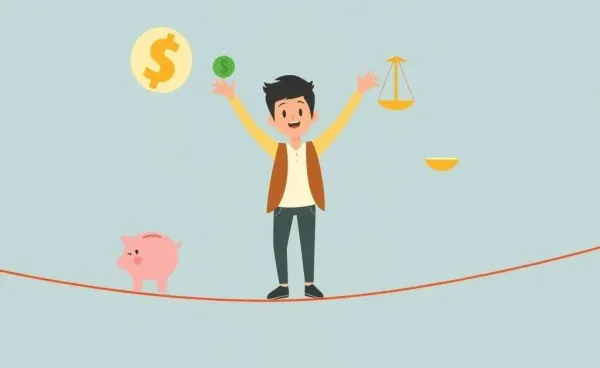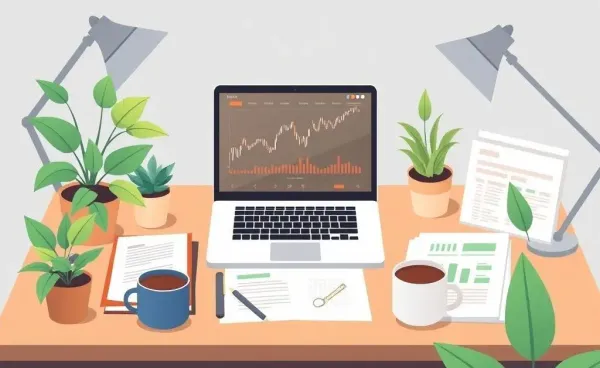Understanding Central Bank Dynamics: Beyond the Headlines
Explore the complexities of central bank decisions through engaging insights and relatable stories.
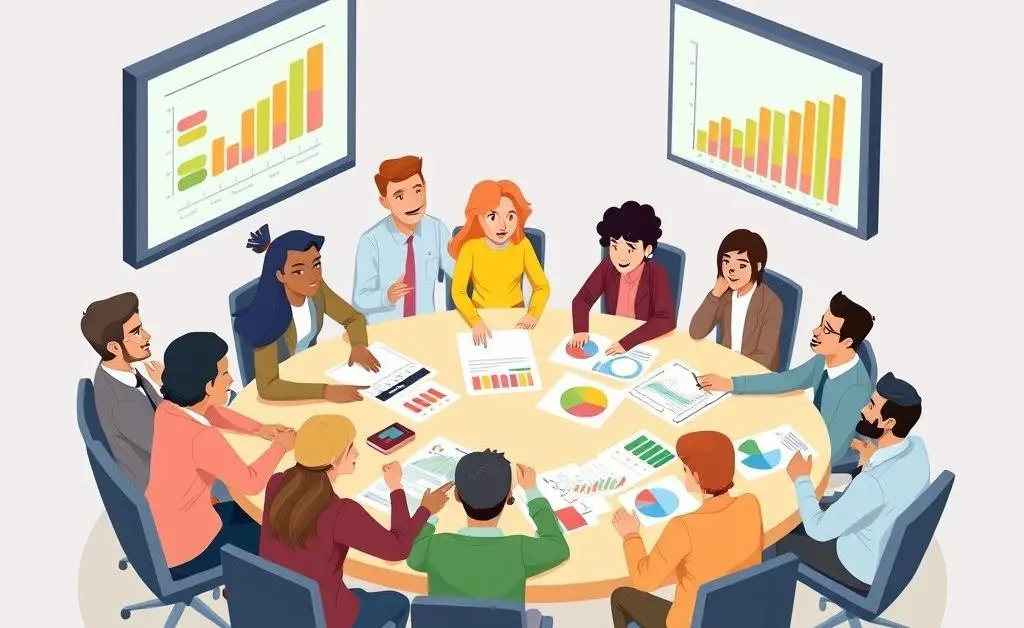
Ever wondered what's really going on behind the scenes when central banks make those headline-grabbing decisions? Whether it's tweaking interest rates or adjusting economic policies, these actions impact our daily lives more than we might realize.
How Central Bank Decisions Affect You
Central banks, like the Federal Reserve, play a key role in shaping our economy. Their decisions on interest rates, for example, can influence everything from mortgage rates to your credit card interest. But why should this matter to us, the everyday folks?
Let's break it down:
- Interest Rates: When central banks adjust rates, borrowing money becomes cheaper or more expensive. This could mean the difference between buying that dream house now or waiting a few years.
- Economic Stability: By managing inflation and employment, central banks aim to create a stable economic environment, which benefits consumers and businesses alike.
- Currency Value: Changes in policy can affect the value of your dollar abroad, potentially altering the cost of that long-awaited European vacation.
So next time you hear about a meeting at the central bank, think about how it might influence your next big financial decision.
The Balancing Act: What's at Stake?
Picture this: You're at a family dinner discussing where to go for your next vacation. Everyone has a different opinion, and you're trying to make everyone happy while staying within the budget. That's kind of what central banks do. They're tasked with striking a perfect balance between fostering economic growth and controlling inflation.
This juggling act can get tricky, as unforeseen factors — like global economic shifts or political changes — may disrupt their plans.

Staying Grounded Among Economic Changes
My friend Laura had an interesting experience last year that I think ties in perfectly with this topic. She was in the market for a new home when interest rates started to fluctuate quite a bit. One moment, she was about to lock in a great mortgage rate; the next moment, she watched it slip away as the central bank announced a rate hike. It taught her—and many of us—how these invisible hands of economic policy can directly touch our lives.
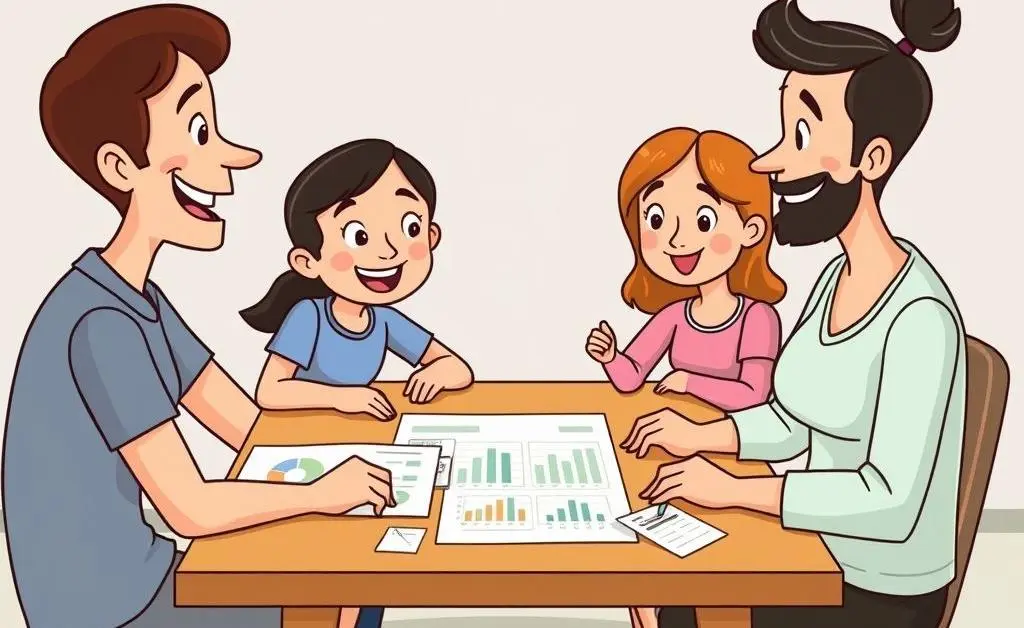
Navigating Change: What You Can Do
Instead of viewing these shifts as unpredictable force majeure, consider them opportunities to get strategic with your finances:
- Plan Ahead: Keep an eye on economic indicators and expert forecasts.
- Stay Flexible: Be ready to adapt your financial strategies in response to changing conditions.
- Seek Advice: Consult financial advisors, particularly during volatile times, to make educated decisions.
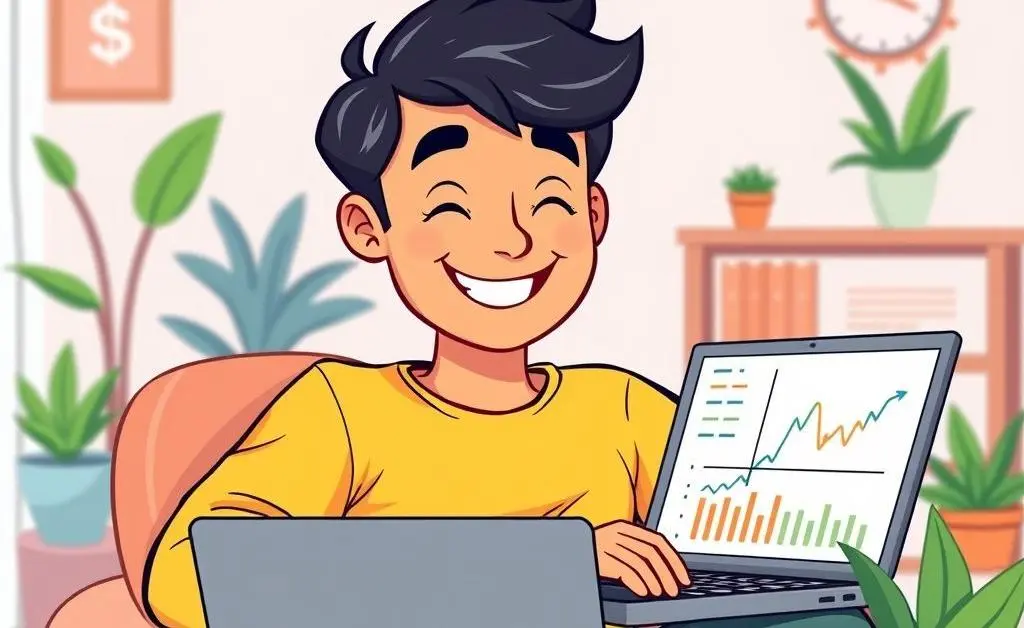
Ending on a thoughtful note: How do you think central banks' decisions impact your personal financial decisions? Are there specific adjustments you've considered due to recent economic shifts?

